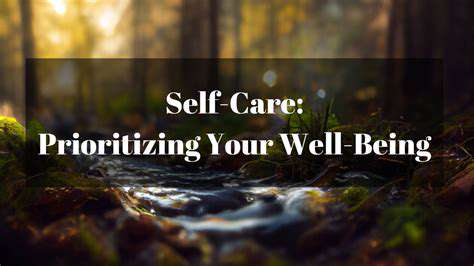Best Habits for Better Posture
The Impact of Daily Habits on Your Posture
Understanding the Foundation
Posture isn't just about looking good; it's deeply intertwined with your overall well-being. Poor posture can lead to a cascade of issues, from chronic pain in the neck and back to headaches and even digestive problems. Understanding the fundamental biomechanics of your body and how your daily habits interact with it is crucial for developing and maintaining good posture. A solid foundation of knowledge about your body's natural alignment is the first step towards cultivating lasting improvements.
Identifying and addressing the root causes of poor posture is key. This involves recognizing the subtle ways in which your daily activities impact your spinal alignment. From the way you sit at your desk to the way you carry your bag, each action contributes to the overall shape of your posture.
The Role of Sitting
Our modern lives often revolve around prolonged periods of sitting, whether at work, in front of screens, or commuting. This sedentary behavior can significantly contribute to postural issues. Understanding the mechanics of sitting and adopting proper sitting posture is essential. This includes maintaining a neutral spine, ensuring your feet are flat on the floor, and using lumbar support where necessary. Regular breaks and movement are just as important as the posture itself.
Ergonomic considerations are paramount when it comes to sitting. Investing in a supportive chair, adjusting your desk height, and incorporating regular movement throughout the day are all crucial for minimizing the negative impact of sitting.
The Influence of Standing
While sitting is often the culprit, standing incorrectly can also strain your posture. Maintaining a balanced stance and engaging your core muscles is essential for proper posture when standing for extended periods. Avoid slouching or leaning to one side, and ensure your weight is distributed evenly across both feet. Standing desks and periodic movement exercises can complement your posture improvement.
The Importance of Movement
Regular physical activity is a cornerstone of good posture. Exercises that strengthen core muscles, improve flexibility, and promote overall body awareness are vital. Activities like yoga, Pilates, and swimming are particularly effective in building core strength and improving posture. Incorporating these exercises into your routine can significantly enhance your posture over time.
The Impact of Carrying Loads
Carrying heavy bags, backpacks, or other objects improperly can put undue stress on your spine and contribute to poor posture. Proper lifting techniques, including bending from the knees, keeping your back straight, and distributing weight evenly, are crucial for maintaining good posture when carrying loads. Consciously adjusting your carrying habits can significantly reduce the risk of posture-related problems.
Being mindful of the weight and distribution of your load is key. Using a backpack with adjustable straps, and distributing the weight across both shoulders, will help prevent strain and maintain a more neutral posture.
The Influence of Sleep Position
The position in which you sleep plays a crucial role in maintaining good posture. Sleeping on your back with a pillow supporting your neck and spine is generally the best option. Avoid sleeping on your stomach, as it can strain your neck and back. Ensure your mattress provides adequate support for your body. Paying attention to your sleep position and the support you get can significantly contribute to your overall posture health.
Addressing Underlying Medical Conditions
Sometimes, underlying medical conditions can contribute to postural issues. Conditions such as scoliosis or arthritis can impact your body's alignment. Consulting with a healthcare professional is crucial for identifying any underlying medical conditions that may be impacting your posture. Addressing these conditions through appropriate medical intervention can greatly improve your posture and overall well-being. Understanding any potential medical conditions that might be affecting your body is crucial for taking the necessary steps toward a healthier posture.
Lean meats, like chicken breast, turkey, and fish, are excellent sources of high-quality protein. They are relatively low in fat, making them a healthy choice for those watching their calorie intake while aiming for muscle growth. The protein in these meats is easily digested and absorbed by the body, contributing to quick muscle repair and recovery after physical activity.
Beyond the Physical: Lifestyle Factors and Posture
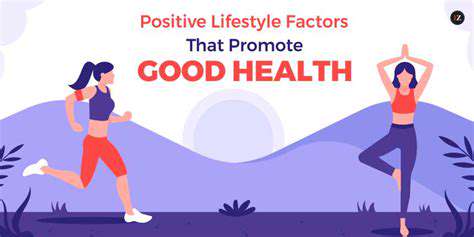
Beyond the Physical: Embracing a Holistic Lifestyle
A truly fulfilling life extends far beyond the physical realm. It encompasses a multifaceted approach to well-being, acknowledging the intricate interplay between our physical bodies, mental states, and emotional connections. Focusing solely on physical health, while important, often neglects the crucial role of emotional intelligence and mindful living in achieving true happiness and overall well-being. Cultivating a holistic lifestyle means recognizing and nurturing all facets of ourselves.
This holistic approach involves not just exercising and eating healthy but also actively engaging in practices that foster mental clarity, emotional resilience, and spiritual growth. It's about creating a balanced and harmonious life that integrates all aspects of our being.
Prioritizing Mental Wellness
Our mental health plays a pivotal role in our overall quality of life. Actively seeking ways to reduce stress and cultivate a positive mindset are essential for navigating the challenges of daily life. This can include practices like meditation, mindfulness exercises, or simply dedicating time to activities that bring joy and peace.
Mental wellness isn't just about avoiding negative thoughts; it's about nurturing positive ones. It's about fostering self-awareness, understanding our emotional responses, and developing coping mechanisms for stress and adversity. This proactive approach to mental well-being significantly impacts every aspect of our lives.
Nurturing Emotional Intelligence
Emotional intelligence is the ability to understand and manage our own emotions, as well as recognize and influence the emotions of others. It's a crucial skill for building strong relationships and navigating social interactions effectively. Developing emotional intelligence allows us to connect with others on a deeper level, fostering empathy and compassion in our interactions.
Cultivating Meaningful Connections
Strong social connections are vital for our overall well-being. Building and maintaining relationships with loved ones, friends, and community members provides a crucial support system that helps us navigate life's challenges. Meaningful connections provide a sense of belonging and purpose, enhancing our overall happiness and fulfillment.
Embracing a Balanced Lifestyle
A balanced lifestyle acknowledges the importance of integrating various aspects of life, such as work, leisure, relationships, and personal growth. Striking a balance between these areas allows us to avoid burnout and maintain a sense of equilibrium. This balance isn't static; it requires constant adjustment and adaptation to the ever-changing demands of life.
The Importance of Self-Care
Self-care is not selfish; it's essential for maintaining our well-being. It encompasses a wide range of activities that nurture our physical, emotional, and mental health. This can include taking time for relaxation, engaging in hobbies, spending time in nature, or simply practicing mindfulness. Regular self-care practices are crucial for preventing burnout and maintaining a positive outlook on life. These practices replenish our energy reserves and equip us to face life's challenges with resilience and grace.
Read more about Best Habits for Better Posture
Hot Recommendations
-
*Guide to Managing Gout Through Diet
-
*Best Habits for Financial Well being
-
*How to Build a Routine for Better Mental Health
-
*How to Eat Healthy on a Budget [Tips & Meal Ideas]
-
*Guide to Practicing Self Acceptance
-
*How to Incorporate More Movement Into Your Day
-
*Guide to Managing Chronic Pain Naturally
-
*Guide to Building a Reading Habit for Well being
-
*Top 5 Weight Loss Supplements That Actually Work
-
*Best Exercises for Postpartum Recovery [Beyond Abdominal Work]
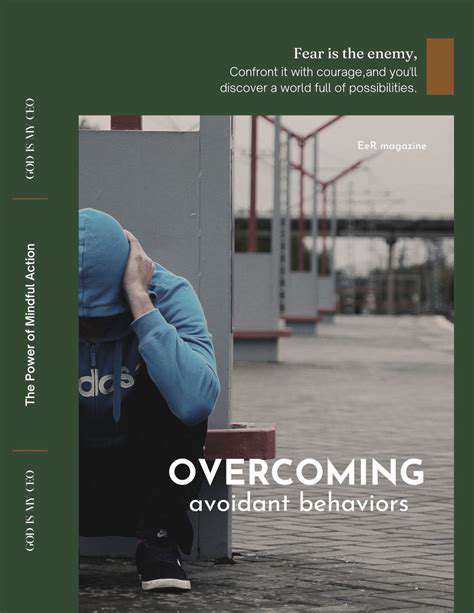
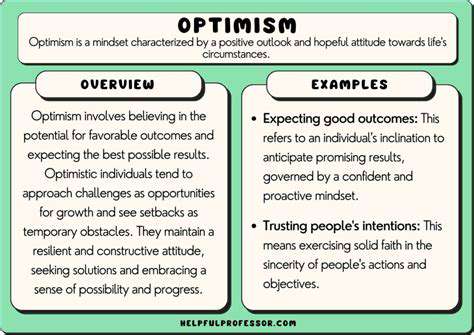
![Essential Health Screenings for Women [By Age]](/static/images/26/2025-05/ImportantConsiderationsAcrossAllAges.jpg)
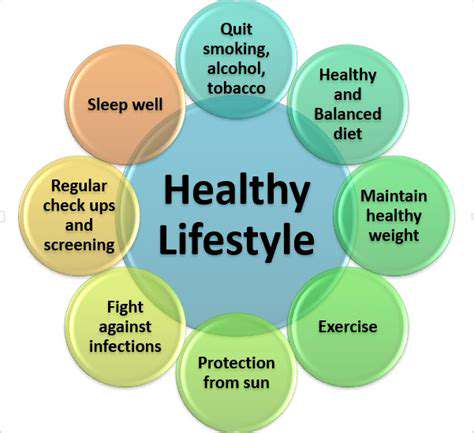

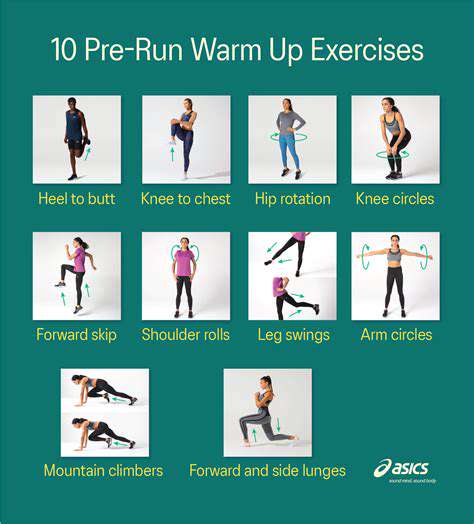


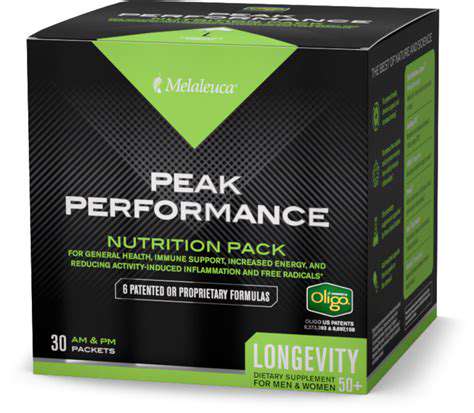
![How to Start Lifting Weights at the Gym [Beginner Guide]](/static/images/26/2025-05/SettingRealisticGoalsandExpectations.jpg)
![How to Build Muscle Without a Gym [Beginner Guide]](/static/images/26/2025-07/NutritionandRecovery3AFuelingYourGains.jpg)
